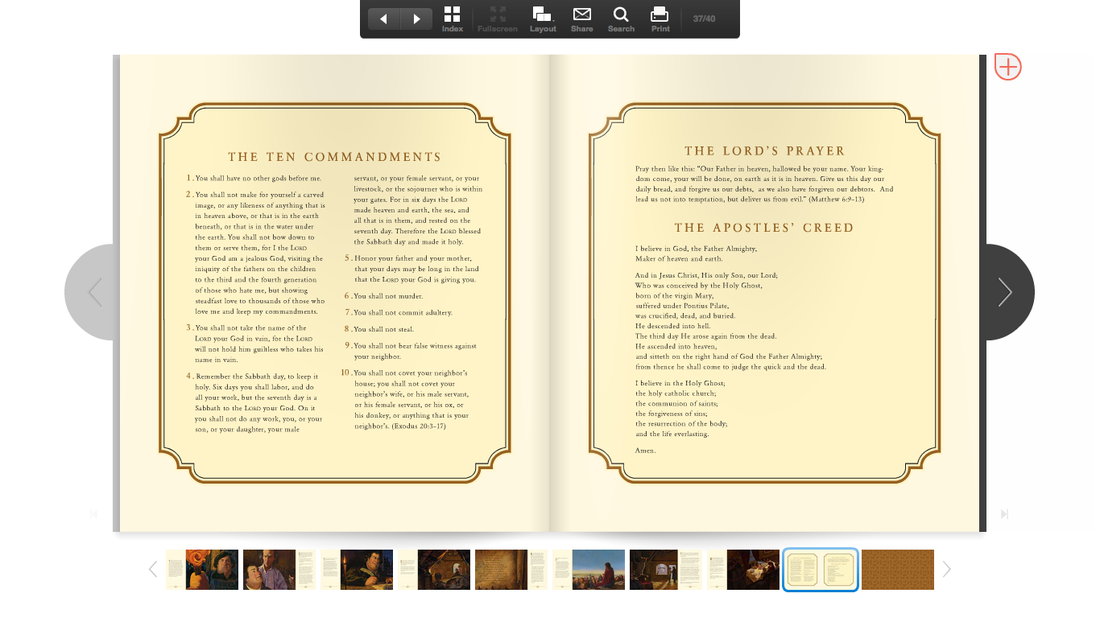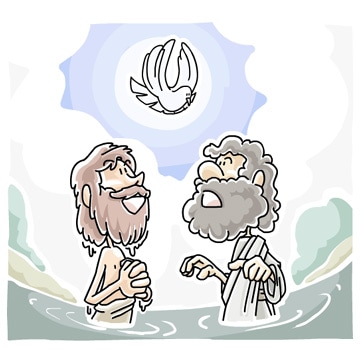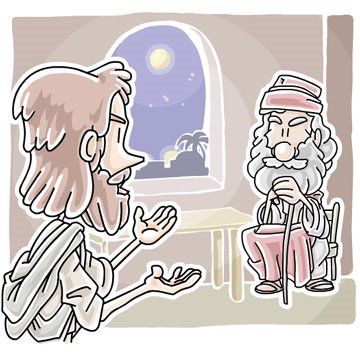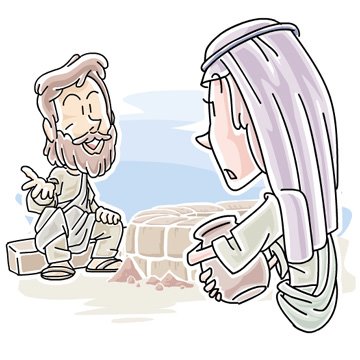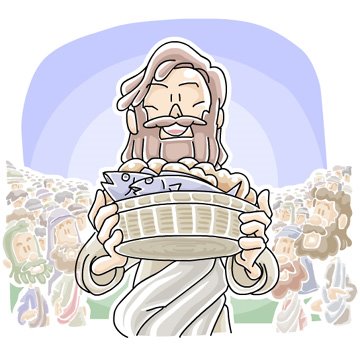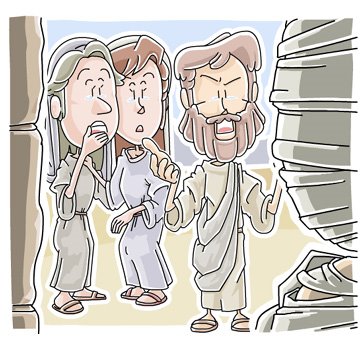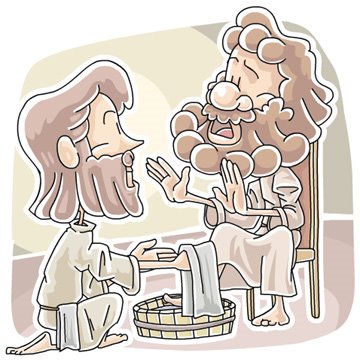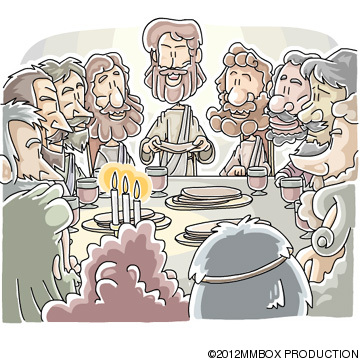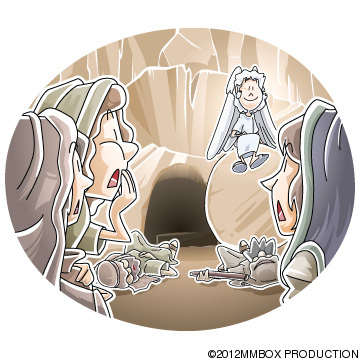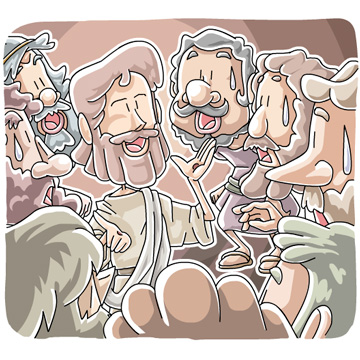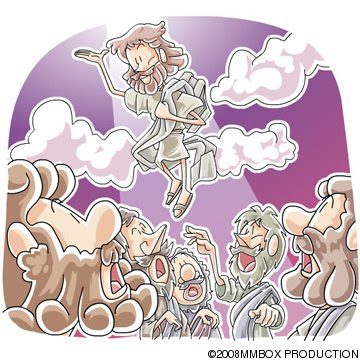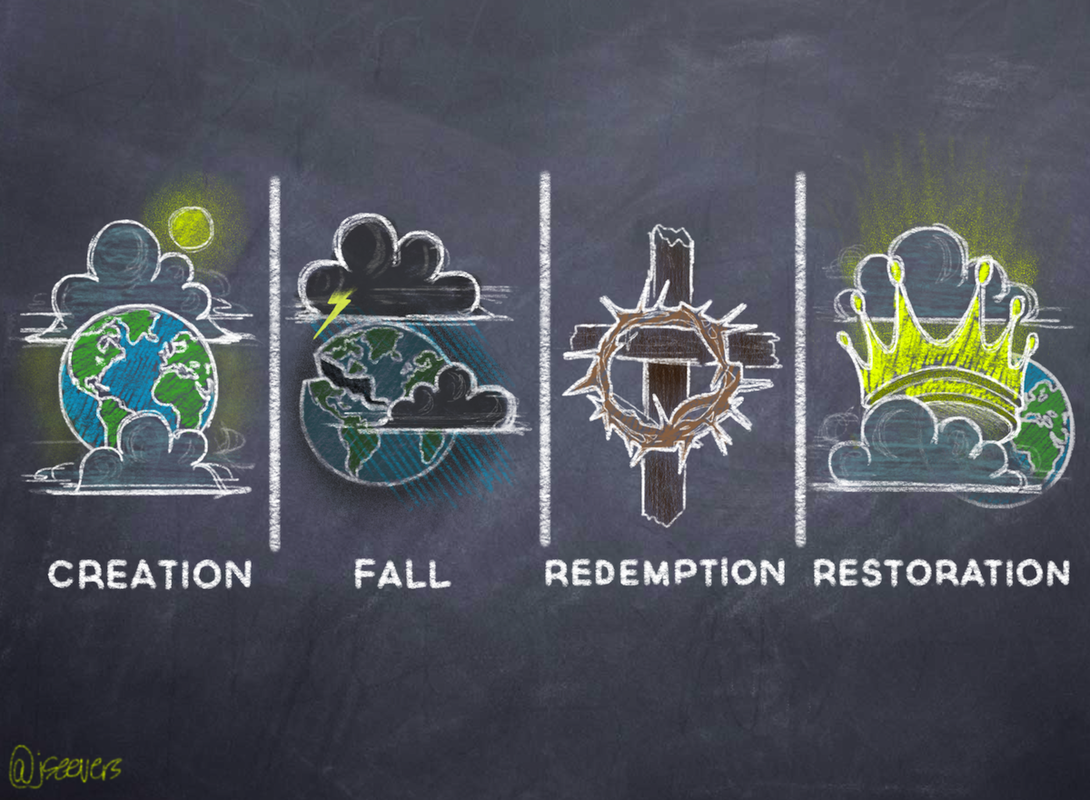|
Jesus said, “Let the little children come to me, and do not hinder them, for the kingdom of God belongs to such as these. Truly I tell you, anyone who will not receive the kingdom of God like a little child will never enter it.” And he took the children in his arms, placed his hands on them and blessed them. (Mark 10:14-16)
Junior Worship for all children starts at 10am on Sundays in the main building at 7-19 East Marie Street; followed by Sunday School according to grade. |
miracles and restorationThe purpose of Bible miracles, lead not simply to cognitive belief, but to worship, to awe and wonder. Jesus used miraculous power to heal the sick, feed the hungry, and raise the dead.
We modern people think of miracles as the suspension of the natural order, but Jesus meant them to be the restoration of the order. The Bible tells us that God did not originally make the world to have disease, hunger, and death in it. Jesus has come to redeem where it is wrong and heal the world where it is broken. His miracles are not just proofs that he has power but also wonderful foretastes of what he is going to do with that power. Jesus' miracles are not just a challenge to our minds, but a promise to our hearts, that the world we all want is coming. (Timothy Keller, The Reason for God p.99) the Reality of the Resurrection"If Jesus rose from the dead, then you have to accept all he said; if he didn't rise from the dead, then why worry about any of what he said? The issue on which everything hangs is not whether or not you like his teaching but whether or not he rose from the dead."
If the resurrection is true it meant we can't live our lives any way we want. It also meant we don't have to be afraid of anything. It changes everything. (Timothy Keller, The Reason for God p.210) the word of godThe person of Jesus Christ; speech by God as God's decrees, personally speaking directly to people; speech through humans as in prophets; and the Bible in written form.
The Christian faith requires belief in the Bible. Exegesis is the original intent of the words of the Bible, then and there. The true meaning of the biblical text for us is what God originally intended it to mean when it was first spoken. Hermeneutics also seeks the contemporary relevance of the text's meaning in the here and now. prophecyForth-telling
Foretelling prediction of what is to come. Apocalyptic literature God is the creator and sustainer of everyone and everything. He is eternal, infinite, and unchangeable in his power and perfection, goodness and glory, wisedom, justice, and truth. nothing happens except through him and by his will.
incommunicable Attributes of god and timeIncommunicable attributes of God are those attributes of God that are less shared by us, or less communicated with others. God has existed for all eternity, but we have not. God is everywhere present but we are present only in one place at one time.
God has no beginning, end, or succession of moments in his own being, and he sees all time equally vividly, yet God sees events in time and acts in time. To be infinite is to be unlimited, and time does not limit God. God is timeless in his own being. God sees all time equally vividly. God sees events in time and acts in time. We will always exist in time. God does not have size or spatial dimensions and is present at every point of space with his whole being, yet God acts differently in different places. God is present everywhere. God does not have spatial dimensions. God is not divided into parts, yet we see different attributes of God emphasized at different times. PrayerPrayer is personal communication with God.
Prayer is pouring out our hearts to God in praise, petition, confession of sin, and thanksgiving.
|
creation[under construction]
Genesis 1-2, 3 Veritas Apologetics (Albert Mohler, The Briefing) "In the beginning God created the heavens and the earth." (Genesis 1:1) God created the entire universe out of nothing; it was originally very good; and he created it to glorify himself. Animals and man were both created on the sixth day. Death was introduced as part of the curse of the fall. (Wayne Grudem, Systematic Theology p.262-309, 439-450,) worldviews(Kenneth Richard Samples, A World of Difference)
we can be saved only by faith in jesus christ and in his substitionary atoning death on the cross. (Ephesians 2:8-9, "for it is by grace you have been saved, through faith -- and this is not from yourselves, it is the gift of god -- not by works, so that no one can boast.")
Question about "limbo" (limbus patrum):And besides all this, between us and you a great chasm has been set in place, so that those who want to go from here to you cannot, nor can anyone cross over from there to us.’ (Luke 16:24-26).
Those not united to Christ by faith, after death, will be cast out from the presence of God, into hell, to be justly punished forever. "Limbo" (limbus patrol) does not exist. Upon death all people immediately enter either eternity with God or eternity apart from Him in eternal punishment and separation. The souls of believers go immediately into God's presence and enjoy conscious existence and fellowship with God in heaven upon death. The Bible does not teach the doctrine of purgatory, to be further purified from sin. The Bible does not teach the doctrine of "soul sleep," a state of unconscious existence. Old Testament believers also entered immediately into conscious enjoyment of God's presence in heaven. The souls of unbelievers go immediately to eternal punishment. Scriptural passages affirm eternal conscious punishment, not annihilationism that after death unbelievers suffer the penalty, and then are "annihilated," or destroyed, so that they no longer exist. Hardheartedness without repentance, even if one rises from the dead, they will still not be convinced. (Luke 16) (Wayne Grudem, Systematic Theology p.810-824) What is heaven?
|



